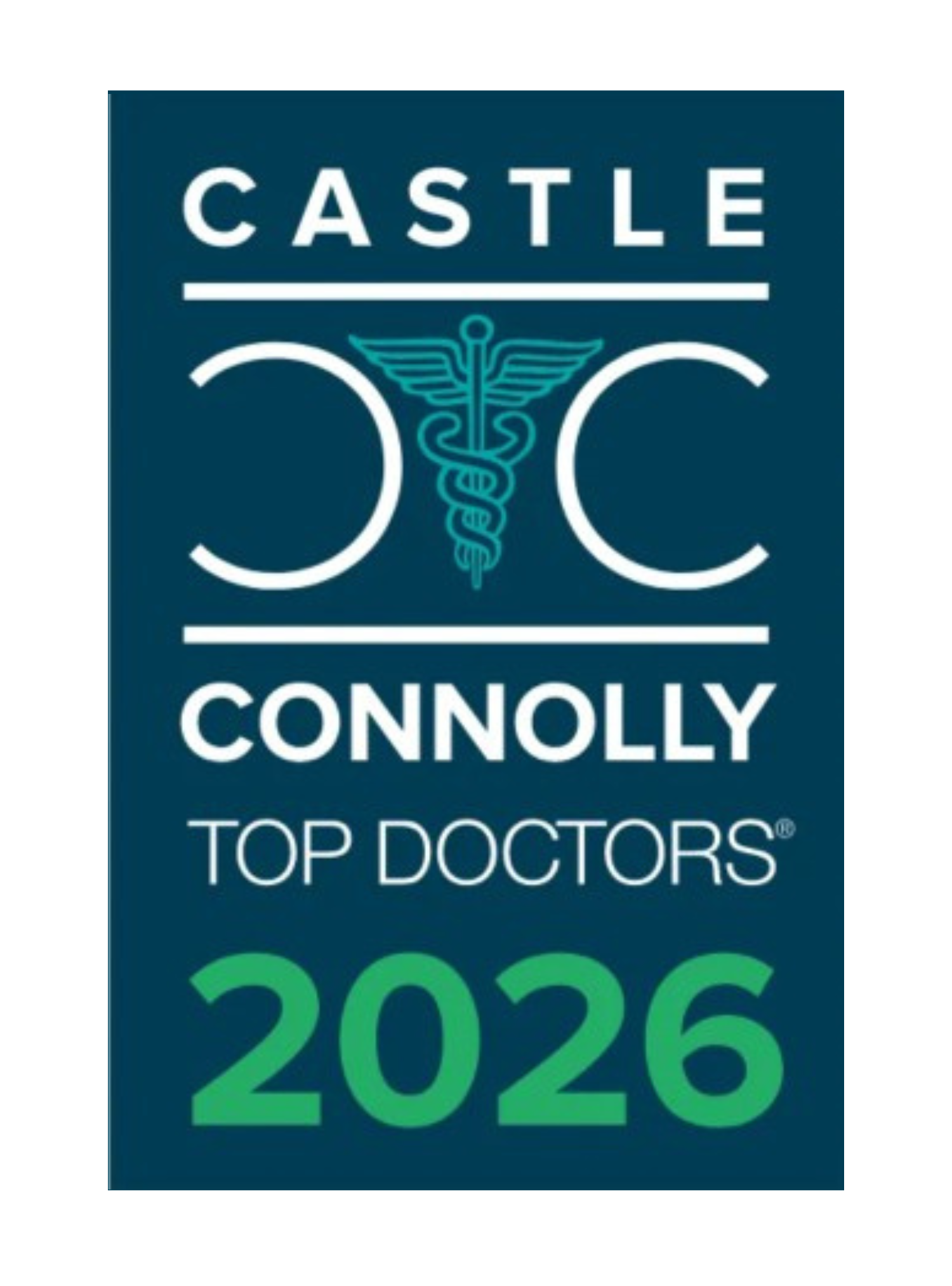The Silent Threat: How Annual Exams Can Detect Early Signs of Heart Disease

Heart disease is often called the “silent killer” for a reason—it can develop unnoticed for years, only making itself known when it's too late. But what if you could catch the warning signs early? That’s where annual exams come in. These routine check-ups do more than just update your medical chart—they could save your life.
Why Annual Exams Matter for Heart Health
You might feel fine, but your body could be telling a different story. High blood pressure, high cholesterol, and early artery damage don’t always cause noticeable symptoms. That’s why skipping your yearly physical could mean missing the red flags that signal heart disease in its early stages.
At your annual exam, your doctor will check key heart health indicators, such as:
- Blood pressure – High blood pressure is one of the biggest risk factors for heart disease. A simple blood pressure check can reveal if you’re at risk.
- Cholesterol levels – Too much "bad" cholesterol (LDL) and not enough "good" cholesterol (HDL) can lead to clogged arteries.
- Blood sugar levels – High blood sugar can be a warning sign of diabetes, which increases heart disease risk.
- Weight and BMI – Obesity is closely linked to heart problems. Even a small weight gain can impact your heart health.
Kkaur MD in Coral Springs, Florida, specializes in preventative care, ensuring patients stay ahead of potential heart issues through comprehensive annual exams. Regular screenings allow you to make informed decisions about your health before problems arise.
Early Detection Can Save Your Life
One of the most valuable parts of an annual exam is catching heart disease risk factors before they lead to a serious event, like a heart attack or stroke. If your doctor detects concerns, they can recommend lifestyle changes, medications, or further testing to protect your heart.
For example, an EKG (electrocardiogram) or stress test might be ordered if you have a family history of heart disease or show signs of an irregular heartbeat. Catching an issue early could mean the difference between making simple lifestyle adjustments and needing emergency medical intervention.
What You Can Do Now
While your annual exam plays a huge role in heart disease prevention, taking daily steps toward heart health is just as important. Consider:
✔ Eating a heart-healthy diet rich in fruits, vegetables, and whole grains.
✔ Getting regular exercise—just 30 minutes a day of walking can make a difference.
✔ Managing stress through activities like yoga, meditation, or deep breathing.
✔ Quitting smoking and limiting alcohol intake.
✔ Getting enough sleep, as poor sleep is linked to increased heart disease risk.
If you haven’t scheduled your annual exam yet, now’s the time! Kkaur MD in Coral Springs, Florida, offers personalized care to help you stay on top of your heart health. An annual check-up isn’t just about prevention—it’s about peace of mind, knowing you’re doing everything possible to protect your future.
Your heart works 24/7—give it the care it deserves. Book your annual exam today and take the first step toward a healthier future.
Read More Blogs!
Stay updated with the latest blog posts and engage with our community.







